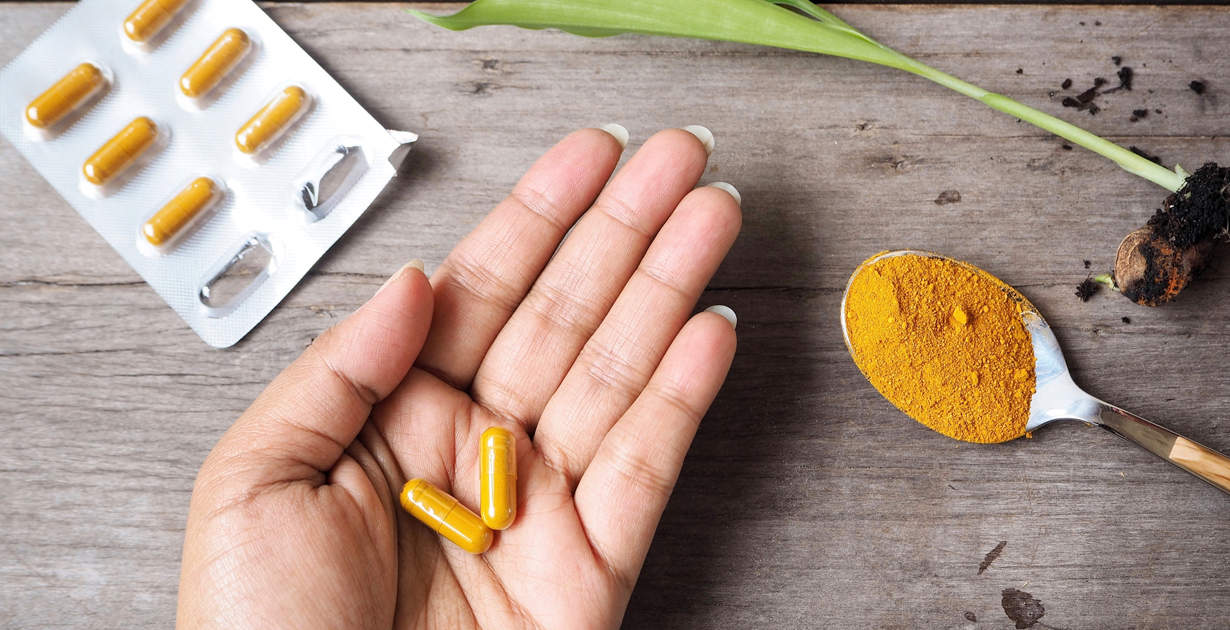This Dr. Axe content is medically reviewed or fact checked to ensure factually accurate information.
With strict editorial sourcing guidelines, we only link to academic research institutions, reputable media sites and, when research is available, medically peer-reviewed studies. Note that the numbers in parentheses (1, 2, etc.) are clickable links to these studies.
The information in our articles is NOT intended to replace a one-on-one relationship with a qualified health care professional and is not intended as medical advice.
This article is based on scientific evidence, written by experts and fact checked by our trained editorial staff. Note that the numbers in parentheses (1, 2, etc.) are clickable links to medically peer-reviewed studies.
Our team includes licensed nutritionists and dietitians, certified health education specialists, as well as certified strength and conditioning specialists, personal trainers and corrective exercise specialists. Our team aims to be not only thorough with its research, but also objective and unbiased.
The information in our articles is NOT intended to replace a one-on-one relationship with a qualified health care professional and is not intended as medical advice.
Turmeric Dosage for Inflammation & Other Conditions
February 24, 2019

To reap turmeric health benefits, turmeric dosage recommendations vary by several factors, including your health status and overall health goals. If you’re wondering how to take turmeric for inflammation and inflammatory-related issues, you’ve come to the right place. What is the best turmeric daily dosage? Your optimal turmeric supplements dosage depends on a number of factors, including why you choose to take turmeric in the first place.
When choosing a turmeric supplement, you’ll likely see a lot of mention of a curcuminoid called curcumin. Curcumin is turmeric’s active compound, and research shows that this one of the main reasons why turmeric can have such incredible positive effects on health. In fact, there are currently over 12,800 peer-reviewed articles and studies demonstrating the powerful effects of turmeric and curcumin. Research points toward curcuminoids as potentially helpful in a number of chronic diseases, including breast cancer, colon cancer, lung cancer and inflammatory bowel diseases.
So how much turmeric do you need to take to utilize the benefits of turmeric and curcumin? Let’s examine.
Recommended Turmeric Dosage Per Day
Do you wonder what dosage of turmeric should I take or what is the best dosage of turmeric? Both answers depend on a number of things, including your health status and health goals. If you’re looking to take turmeric as a general health booster and access its anti-inflammatory and antioxidant effects, it’s recommended to take 500 milligrams of curcuminoids per day. This is a common turmeric dosage for inflammation reduction in general, but it’s always a good idea to speak with your health care provider about the best dose and length of time you should take turmeric.
Turmeric Dosing for Specific Conditions
What is the best turmeric daily dosage? The answer to this question can depend upon the specific reason you’re taking a turmeric curcumin dosage.
These are some dosages of turmeric that have been used for adults:
- Turmeric dosage for allergic rhinitis (by mouth): 500 milligrams of curcumin daily for 2 months.
- Turmeric dosage for depression (by mouth): 500 milligrams of curcumin taken twice daily.
- Turmeric dosage for high cholesterol (by mouth): 1.4 grams of turmeric extract in two divided doses daily for 3 months.
- Turmeric dosage for liver disease not caused by alcohol (by mouth): 500 milligrams of a product containing 70 milligrams of curcumin daily for 8 weeks. Also, 500-mg tablets (Meriva, Indena) containing 100 mg curcumin twice daily for 8 weeks has also been used.
- Turmeric dosage for pruritus (by mouth): 1,500 milligrams of turmeric in three divided doses daily for 8 weeks. Also, a specific product containing turmeric extract (C3 Complex, Sami Labs LTD) plus black pepper or long pepper daily for 4 weeks.
- Turmeric dosage for PMS (by mouth): 100 milligrams of curcumin, a chemical in turmeric, twice daily starting 7 days before a menstrual period, continuing during the menstrual period and for 3 days after the end of the menstrual period, for 3 menstrual cycles in a row.
- Turmeric dosage for arthritis: According to the Arthritis Foundation, a turmeric capsules dosage of 400 to 600 milligrams three times per day or 0.5 gram to 1 gram of powdered root up to 3 grams per day for osteoarthritis and 500 milligrams twice daily is a recommended turmeric for rheumatoid arthritis dosage.
- Turmeric anti-inflammatory dosage for ulcerative colitis: 3 grams of a specific curcumin product daily for 1 month along with conventional treatments; 1.1 grams of curcumin daily for 1 month, followed by 1.65 grams daily for another month, along with conventional treatments; or 2 grams of curcumin daily for 6 months along with conventional treatments.
Other turmeric dosing recommendations
For ulcerative colitis, 140 milligrams of a specific turmeric extract (NCB-02) in 20 mL water, has also been given as a daily enema for eight weeks. For high cholesterol in children at least 15 years old or older (by mouth), 1.4 grams of turmeric extract in two divided doses daily for three months. Recommendations for a turmeric dosage for high blood pressure in adults include taking (by mouth) 400 to 600 milligrams of standardized curcumin powder 3 times daily; 30 to 90 drops of extracts daily; or a 1.5 to 3 gram turmeric powder dosage per day.
Wondering about an appropriate turmeric cancer dosage or turmeric anxiety dosage? It’s always best to talk with your health care provider before taking a turmeric supplement for these health concerns as well as any of the other health concerns mentioned or not mentioned above.
How to Take Turmeric
You can always incorporate turmeric into your diet by using the spice in delicious recipes like Turmeric Tea or Easy, Blended Pea Soup Recipe. If you’re looking for more therapeutic effects, you can consider a turmeric supplement that is available in various forms, including tablet, capsule, powder or tincture.
You’ll often see a turmeric and black pepper dosage in combination in these products since black pepper increases the absorption of turmeric in the body. Seeing black pepper included in your turmeric supplement is definitely something you want to see.
Another helpful tip when it comes to how to take turmeric is to ingest the supplement around the time that you have a meal that includes healthy fat, such as coconut oil. If you use turmeric in food, make sure to also include black pepper and healthy fat. Since turmeric is fat-soluble, its absorption is much better when taken with fat.
Dogs can actually take turmeric too! If you’re wondering about the best turmeric for dogs dosage, it’s always a good idea to check with your veterinarian first.
Risks and Side Effects
Is it safe to take turmeric? According to the National Center for Complementary and Integrative Health, “Turmeric in amounts tested for health purposes is generally considered safe when taken by mouth or applied to the skin. High doses or long-term use of turmeric may cause gastrointestinal problems.”
What is the maximum dosage of turmeric? Typically, a recommended dosage of turmeric is not over 2,000 milligrams per day.
High doses of turmeric have been observed to cause:
- Nausea
- Diarrhea
- Increased risk of bleeding
- Hyperactive gallbladder contractions
- Hypotension (lowered blood pressure)
- Uterine contractions in pregnant women
- Increased menstrual flow
High doses of turmeric can act as a natural blood thinner so avoid turmeric/curcumin if you take blood thinners, such as warfarin (Coumadin), are about to have surgery, are pregnant or have gallbladder disease.
In general, before taking turmeric, speak with your health care provider, especially if you currently receive treatment for a medical condition and/or currently take other medication and/or supplements.











